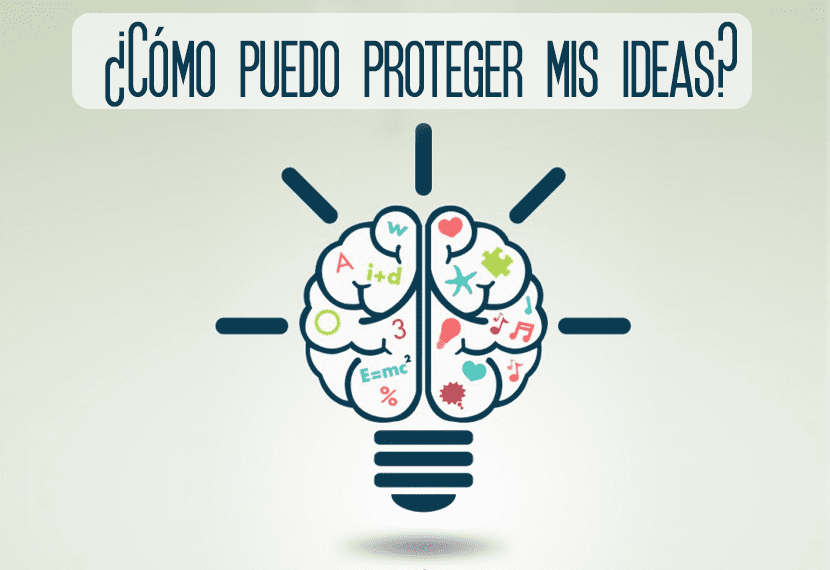
Image taken from Freepik.com
The Internet can become your best channel to present your photographs to the world and of course to find your target audience. But, How safe is it to use the digital sea to show our work? How can we protect our jobs from theft and misuse?
You should know that photographs, like any artistic work, are protected by copyright and intellectual property rights, and also each country has its own legislation in this regard.
What rights does a photographer have?
The legal system and legislation varies significantly depending on the countryTherefore, it is highly recommended that you seek information on this subject. Here are some documents that can be very useful for some Spanish-speaking geographical areas:
Intellectual property law in Spain
Argentina: Intellectual property legal regime
Chile: Intellectual Property Law
Types of rights
At the precise moment you press the shutter-release button, the flash rushes onto the stage and you release the shutter, a series of legal rights fall on you, and you are protected by the Law of intellectual property and copyright.
On the one hand you immediately have a series of moral rightsThese protect you as an author and cannot be transferred or sold to third parties. These rights will always be yours (they are eternal) and you will not be able to disassociate yourself from them. Determining how your works will be distributed and withdrawing them in case of disagreement (compensating the affected party), demanding that the authorship of your works be recognized avoiding total and partial plagiarism are some of the moral rights that protect you against third parties.
On the other hand you have the so-called rights of use (or economic) and these can be transferred to third parties and can be pre-written. You have the possibility of donating or lending them in exchange for an economic amount or through any bilateral agreement. These are not eternal and last up to 70 years after your death (in Europe), once that time limit is exceeded, these rights will pass into the public domain and will belong to the historical or national heritage.
Exploitation rights:
Only you, as the author, are the only person who has the ability and possibility to exploit the economic or use rights of your photographs. Either on their own account or through an agreement with third parties (whether economic or not). These rights are as follows:
- Reproduction: It is about the power to reproduce your photographs whatever the medium used (books, magazines, videos, postcards, etc.).
- Distribution: It refers to the right to be able to sell your photographs but this right is not transmitted, so if you sell your photograph to a third party, they cannot resell it since this right is exclusively yours.
- Advertising: Refers to the possibility of using your photographs for advertising campaigns with your permission (through an economic or other agreement).
- Transformation: If you grant this right, you will allow your photographs to be modified generating a work different from the original, (photographic retouching, reframing, restorations ...)
As you can see, this is a licensing system. Every time you assign one or more rights, you are granting licenses to third parties to exploit your works, in fact that is how most Internet pages for the commercialization of photographs work. We as authors assign rights and they market our works, paying us for each sale.